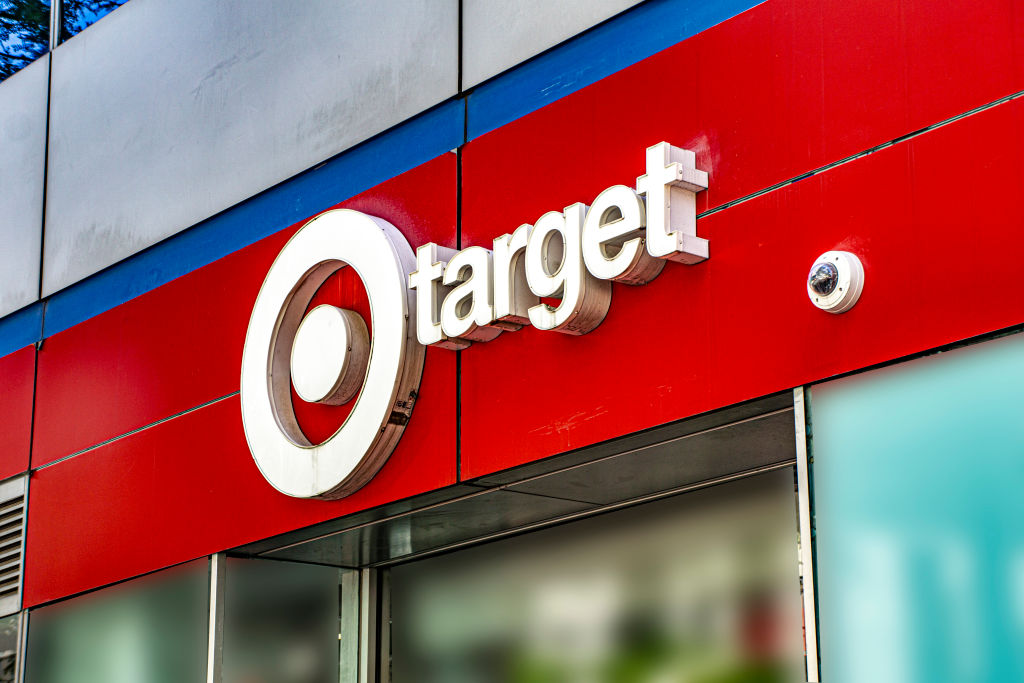Target’s shareholders claim they were not aware of the risks posed by the company’s DEI and other social initiatives.
As AFROTECH™ previously reported, Target is among a growing list of major corporations that have announced they are scaling back their diversity, equity, and inclusion (DEI) commitments. This has led to the removal of Target’s program that helped Black- and minority-owned businesses secure retail deals, and the company has stated it will no longer share reports with DEI groups.
“We remain focused on driving our business by creating a sense of belonging for our team, guests and communities through a commitment to inclusion,” Target said, according to CNN. “Belonging for all is an essential part of our team and culture, helping fuel consumer relevance and business results.”
Target’s decision has been met with criticism from shoppers. Some are taking their dollars to allies such as Costco since its board of directors and shareholders agreed to continue their DEI objectives. For entrepreneur and graphic designer Danielle Coke Balfour, she has removed many of her products released through her brand Oh Happy Dani in Target, expressing disappointment in its DEI stance.
“All products pictured are retired at this time except the Good Work Journal. My licensing agreement was with a vendor, not Target directly. Target has described their changes as ‘concluding’ specific DEI initiatives, which I’ve expressed my personal disappointment with. I stand by my message about the importance of supporting Black-owned brands and businesses,” she wrote on Instagram at the time.
Target’s shareholders also have drawbacks and are now suing the retailer. USA Today reports shareholders claimed, in a proposed class action, that they were blindsided and felt the company was not forthcoming about the risks that would arise as a result of its DEI initiatives. They also claim they had paid higher prices for its stocks and were unaware they were supporting its “misuse of investor funds to serve political and social goals.”
Prior to Target announcing it was removing its commitments to DEI, shareholders also said the retailer was not transparent about scrutiny it received over campaigns concerning Pride Month in May 2023, which prompted the removal of merchandise tied to the campaign.
By November 2024, Target’s share’s had sunk by 22%, leading to a loss of $15.7 billion in market value. Shareholders believed the retailer’s performance was “in stark contrast” to its competitors and was the result of such campaigns.
With a front-row seat to Target’s decline in customers and stock performance, shareholders are seeking damages from the period of Aug. 26, 2022 to Nov. 19, 2024.


